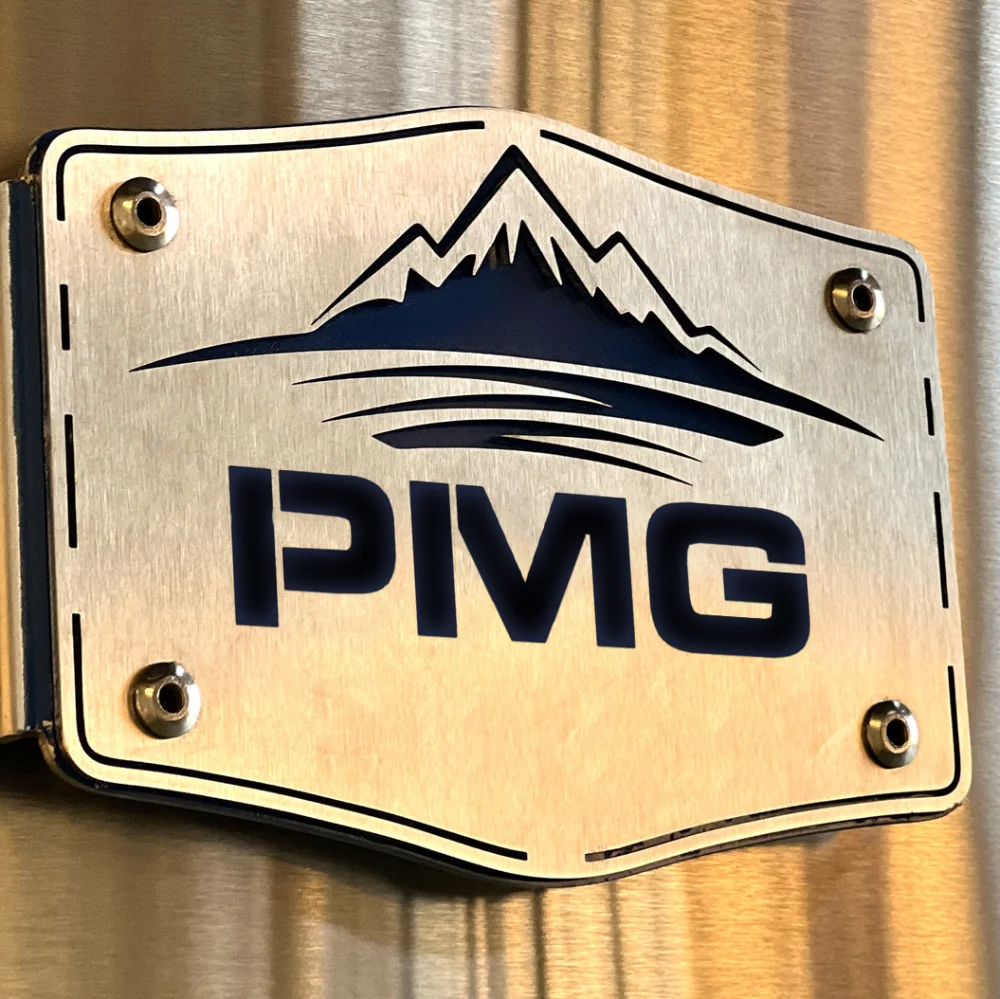Chlorophenol in beer
Not only do you not want your beer aroma to smell like pool water — chlorophenol can also be toxic — posing health risks in liver, kidney and lung damage in inhaled.
So how does it get into our beer and more importantly, how do you prevent it.
It forms by the reaction of phenol with chlorine or chloramine in the water used in brewing. Chlorine is not so much of a problem as it dissipates during boiling, however chloramine is much more persistent and is often added in water to prevent bacteria. Using urban domestic water to brew or clean brewery equipment poses a problem.
The easiest way is by striping it from the brewing water using carbon filters, or in smaller batches by adding Campden tablets (potassium metabisulfite) which neutralises chloramine. Alternatively, using distilled water or reverse osmosis guarantees no chlorine, but then you must consider adding back all of minerals needed by the yeast for fermentation and/or the beer style.
If chlorine-based cleaning agents are used to clean brewing equipment and fermentation tanks, there may also be residual chlorine on the surface of the equipment. Thorough rinsing is essential — and of course, you then need to consider the same water treatment for this rinsing water.
Yeast also binds phenols to the chlorine compounds during fermentation to protect themselves, which is smart, but leaves us with a pretty undesirable taste. So, it is imperative that the brewery takes proper steps to try and negate the presence of any chlorine compounds in the water supply.
Yeast selection also plays a role, as some strains are less susceptible to chlorine influences. While all beer yeast generates phenolics to some extent, certain yeast strains exhibit a greater propensity for phenol production. Notably, wild yeasts and Belgian strains are known for their tendency to yield elevated levels of phenols, contributing to the desirable clove-like flavour commonly found in various Belgian beers and traditional German hefeweizens.
And what about brewery equipment? At PMG, we build every tank to your specifications but always with the highest grade stainless-steel, passivated tungsten inert gas (TIG) welding and finished interior to ensure corrosion resistance. Every element of your brewery equipment from PMG has been meticulously tested and built to the highest standards.

